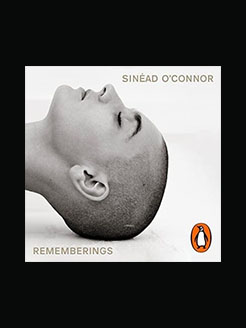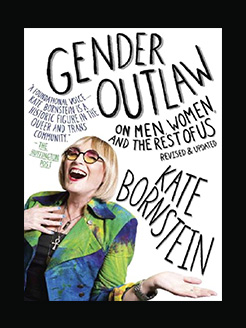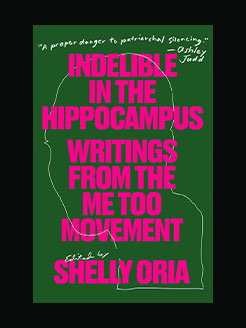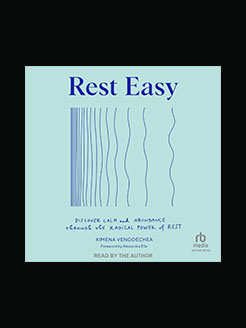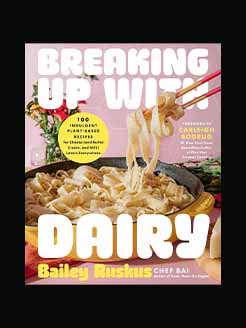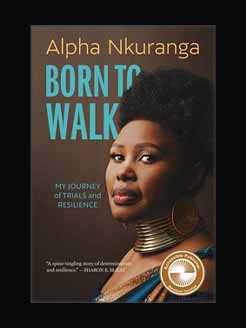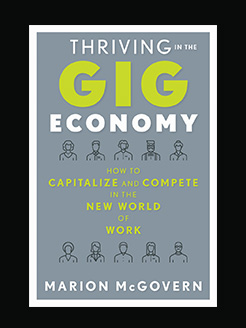Published in 2023
320 pages
7 hours and 48 minutes
Maggie Smith is the author of the national bestseller Keep Moving: Notes on Loss, Creativity, and Change (2020); Good Bones (2017); The Well Speaks of Its Own Poison (2015), winner of the Dorset Prize, selected by Kimiko Hahn; and Lamp of the Body (2005), winner of the Benjamin Saltman Poetry Award; and three prizewinning chapbooks.
Smith’s poems and essays have appeared in the New York Times, The New Yorker, Poetry, Image, The Best American Poetry, The Paris Review, AGNI, Guernica, Brevity, the Washington Post, The Gettysburg Review, Ploughshares, and many other journals and anthologies. In 2016 her poem “Good Bones” went viral internationally and has been translated into nearly a dozen languages. In April 2017 the poem was featured on the CBS primetime drama Madam Secretary.
A 2011 National Endowment for the Arts Fellow, Maggie Smith works as freelance writer and editor. She is an Editor at Large at the Kenyon Review and is also on the faculty of Spalding University’s low-residency MFA program.
What is this book about?
Keep Moving offers a lush and heartrending memoir exploring coming of age in your middle age.
“Life, like a poem, is a series of choices.”
In her memoir You Could Make This Place Beautiful, poet Maggie Smith explores the disintegration of her marriage and her renewed commitment to herself in lyrical vignettes that shine, hard and clear as jewels. The book begins with one woman’s personal, particular heartbreak, but its circles widen into a reckoning with contemporary womanhood, traditional gender roles, and the power dynamics that persist even in many progressive homes. With the spirit of self-inquiry and empathy she’s known for, Smith interweaves snapshots of a life with meditations on secrets, anger, forgiveness, and narrative itself. The power of these pieces is cumulative: page after page, they build into a larger interrogation of family, work, and patriarchy.
You Could Make This Place Beautiful, like the work of Deborah Levy, Rachel Cusk, and Gina Frangello, is an unflinching look at what it means to live and write our own lives. It is a story about a mother’s fierce and constant love for her children, and a woman’s love and regard for herself. Above all, this memoir is an argument for possibility. With a poet’s attention to language and an innovative approach to the genre, Smith reveals how, in the aftermath of loss, we can discover our power and make something new. Something beautiful.
